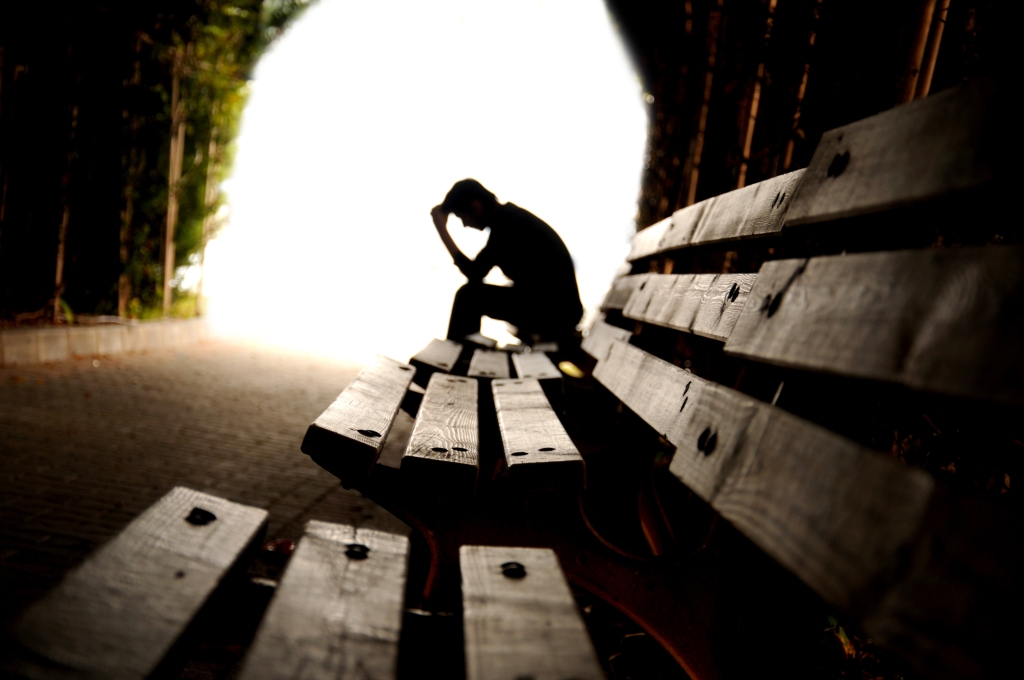by Shelly Beach

In the past weeks our nation has faced extraordinary challenges. The COVID-19 pandemic forced us to tackle roles and realities we never imagined. We’ve become barbers, beauticians, manicurists, cooks, activity directors, caregivers, foragers, and chemists. Parents now work at home as teachers while fighting to remain employed and negotiate their relationship with their spouse 24/7.
Realities
Millions of Americans are now unemployed. Many who are still working are trying to carry the loads of staff that has been let go. And tragic numbers of business owners are watching their businesses slowly die.
We’re confined to our homes, hoping and praying we can protect ourselves and our loved ones from the plague that has decimated our “normal.” We’ve planned vacations, weddings, respite breaks, anniversary celebrations, graduations, “firsts” and “lasts.” But instead, spring finds us outside with shrouded faces clutching antiseptic potions.
Tomorrow I’ll venture out for the third time in seven days to try to find a package of toilet paper that costs less than my first car. Of course, I exaggerate, but what does it mean to find pride of ownership in toilet paper? How our priorities have shifted.
The perfect storm
Clinical psychological scientists at the University of Washington’s Center for the Science of Social Connection state that Covid-19 presents a “perfect storm of depression risks… Depression lays waste to our capacity to problem-solve, set and achieve goals and function effectively.” The Covid-19 crisis has created a unique set of circumstances that contribute to depression: stress and loss, interpersonal isolation, financial difficulties, and challenges to recovery.
Many of us feel overwhelmed. Where do we turn? What do we do? Will we ever re-capture the “normal” we once had? Where do we find strength to move forward in the middle of chaos?

Human limitation
The most important truth for us to recognize in any crisis has nothing to do with how much information we can gain or control we think we can muster. We will always be ambushed by human limitations and flawed hearts. Left to ourselves, we head off on our own path without God.
Covid-19 illustrates our limited human intellect, self-driven motives, and the resulting complex problems of our fallen world.
Unfortunately, the next pandemic or global crisis is not a matter of if but a matter of when.
We cannot rely on national or even church leadership for security. Our only hope lies in our all-powerful, all-knowing God who promises to carry us through any circumstance. He was with us when we drew our first breath. He is the mystery behind our beating heart. He walks beside us, ready to take our hand. But we must acknowledge his loving presence and power. Without God, we have no hope.
God’s strength is our strength in this and every crisis.
Click on the link above to hear the song Precious Lord, Take My Hand, written by Steve Siler, founder and Executive Director of Music for the Soul. Scroll down the page to Precious Lord, Take My Hand and click on the arrow following the word Preview >.
When has God walked beside you in a time of crisis? I’d love to hear from you.
Describe your experience in a short paragraph or two. Or tell us how he is walking beside you through the Covid-19 crisis.
Blessings,
Shelly









